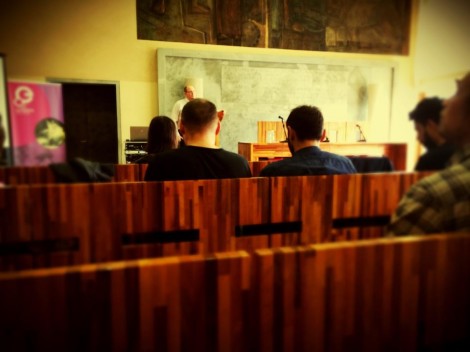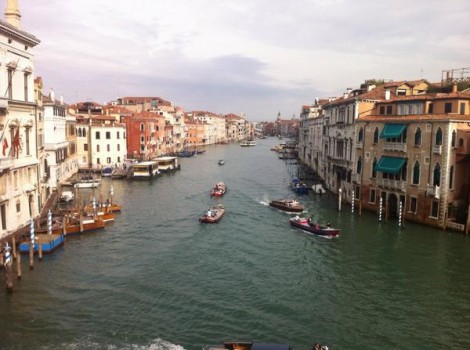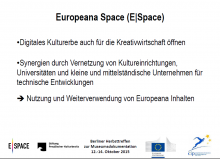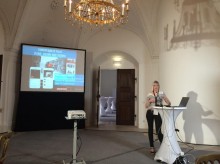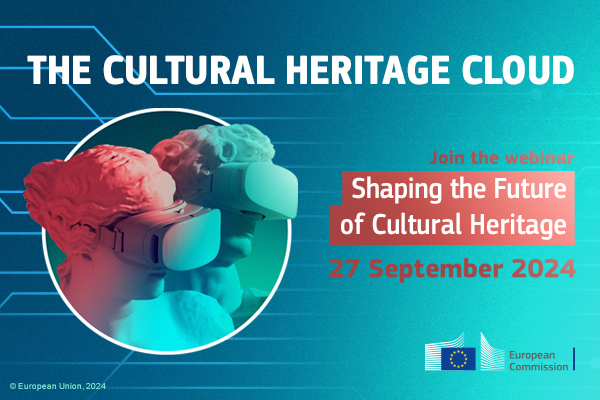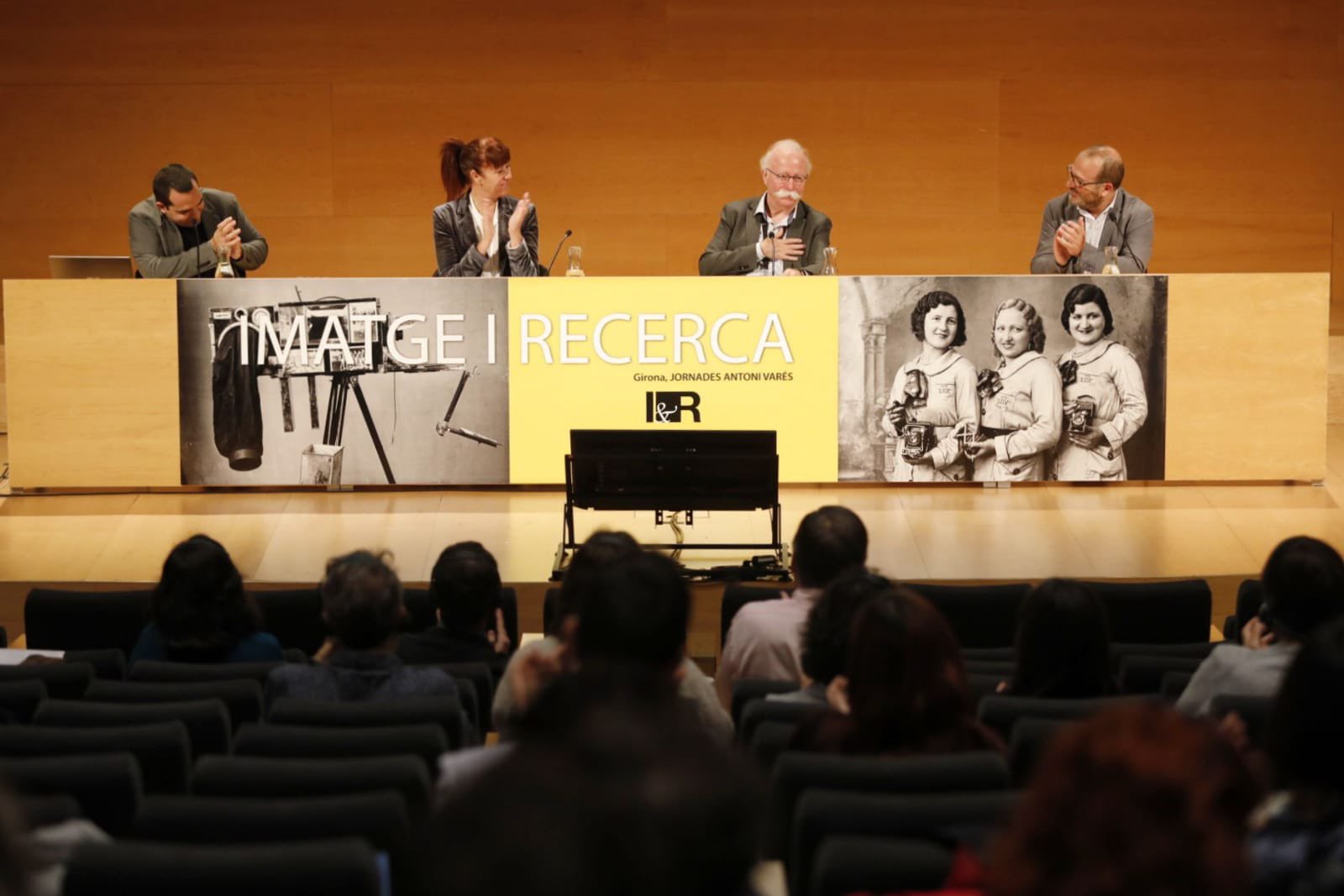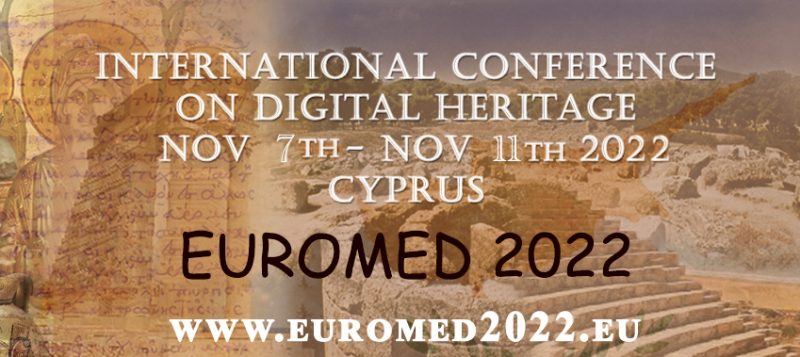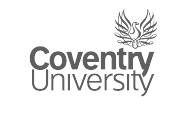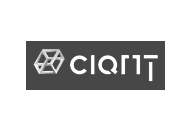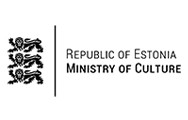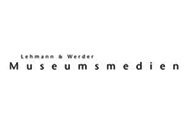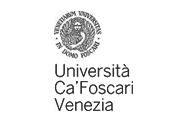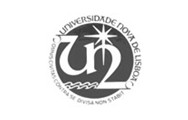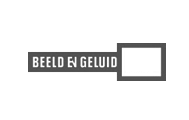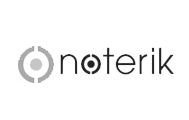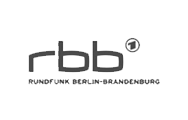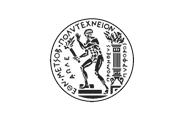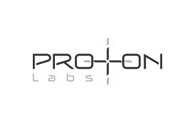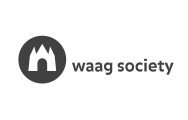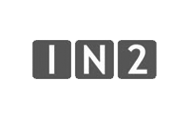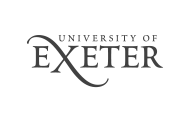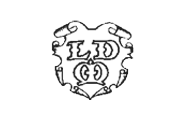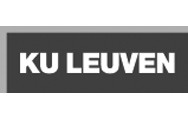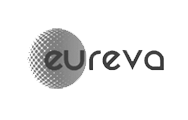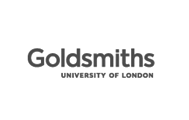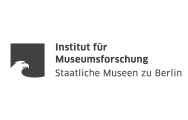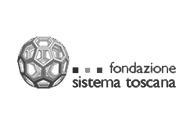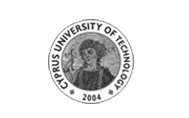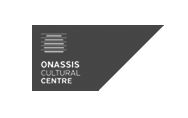The plenary meeting of the project took place at the beautiful location of Ca’ Foscari University, one day ahead the Opening Conference of Europeana Space. After the welcome speeches by Sarah Whatley (Project Coordinator) and Leonardo Buzzavo (representing the hosting partner Ca’ Foscari), the project manager Tim Hammerton (in the photo below) and the technical coordinator Antonella Fresa illustrated the main activities carried on so far, and anticipated about the next steps for the progress of the project.
Then the discussion became very lively about the 6 themed pilots (Dance, Photography, Games, Open & Hybrid Publishing, Europeana TV, Museums) and their digital content, to be re-used within the Content Space developed by the project for experimenting with new applications. “Pilots are certainly the major strenght of the project” said Antonella. Coordinating and monitoring the pilots is a task for wp4 co-leaders Promoter and iMinds: Frederik Temmermans described the monitoring methodology that will help keeping an alignement among the pilots and their interconnected activities. The discussion then went rather “technical” about the infrastructure and technical framework of the project, presented by Nasos Drosopoulos.
After a lovely lunch with view on Canal Grande, the plenary got into the discussion of hackathons, monetization and incubation activities, which are intended to drive the pilots output to the real market: Gregory Markus provided a good overview of the tasks, while Christine van den Horn got the ball rolling for the hackathons that are planned for each pilot starting from Spring 2015, in different locations. A very inspiring speech by Simon Cronshaw and Peter Tullin about cultural entrepreunership made everybody very enthusiast and forward-looking to the monetization activities which will make very concrete the general aim of the project (“to unlock the business potential of digital cultural heritage”).
But Europeana Space is not composed only of the 6 pilots and related activities: some demonstrators, with educational purposes, are part of the project and their status was presented by their reponsible partners: Thodoris Chiotis for the application dedicated to the greek poet Cavafy; Ruth Montague for the Irish Folktales and Poetry demonstrator, Frederik Temmermans for the demonstrator about photographic investigantion of works of art.
An interesting and interactive moment of the plenary that involved all the participants was the debate, drove by Charlotte Waelde, reflecting upon project activity and planning related to Intellectual Property, open content and creative licenses.
Final speech by Antonella Fresa with participation of Fred Truyen was about communication & dissemination and educational training.



